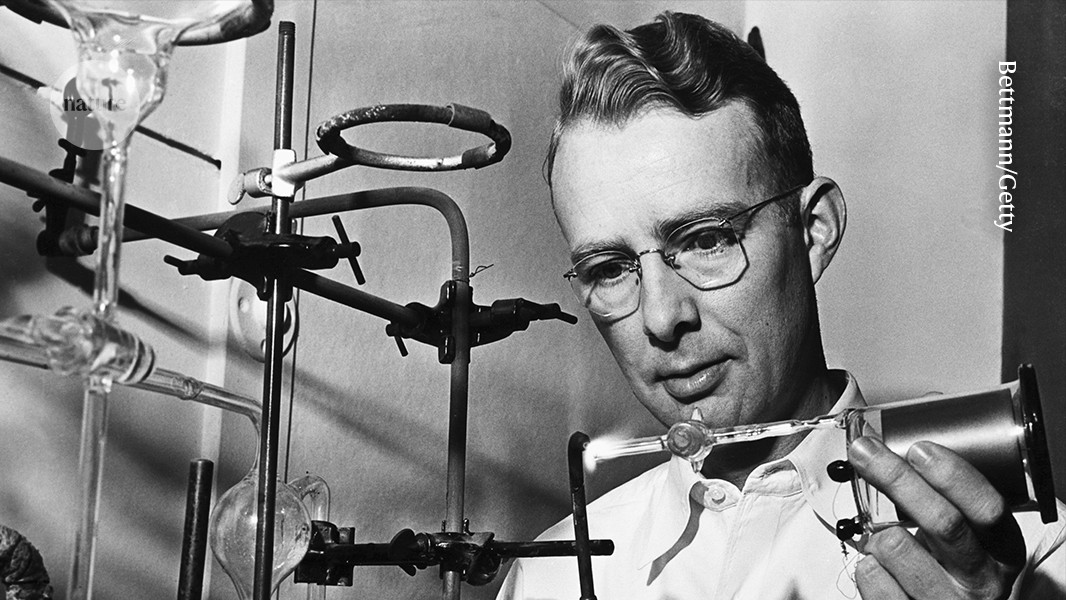
"Alvarez engaged publicly with controversial topics, including the existence of unidentified flying objects (UFOs) and who might have been behind the assassination of JFK, showcasing his boldness and interest in complex issues."
"Alvarez's vivid life encompassed significant historical events, including being part of the team that dropped the atomic bomb on Hiroshima, illustrating his profound involvement in pivotal moments of the 20th century."
"Nevala-Lee expertly conveys Alvarez's journey through a turbulent era of US particle physics, highlighting the courage, luck, and skill required to navigate and contribute in the evolving landscape of science."
"A dramatic 1970 scene at a California shooting range captures Alvarez's critical thinking when he examined the physics behind JFK's assassination, illustrating his unique approach to public discourse and scientific inquiry."
Luis Alvarez, a physicist known for significant contributions to physics and history, played a crucial role in the atomic bombing of Hiroshima and offered theories on the extinction of dinosaurs and JFK's assassination. His personality was marked by brilliance and abrasiveness. Biographer Alec Nevala-Lee captures Alvarez's life, focusing not merely on his public persona but on his scientific journey during a transformative period in US particle physics. Notably, Alvarez applied physics principles to controversial topics, showcasing his critical thinking skills, exemplified through a dramatic investigation into the Kennedy assassination.
Read at Nature
Unable to calculate read time
Collection
[
|
...
]